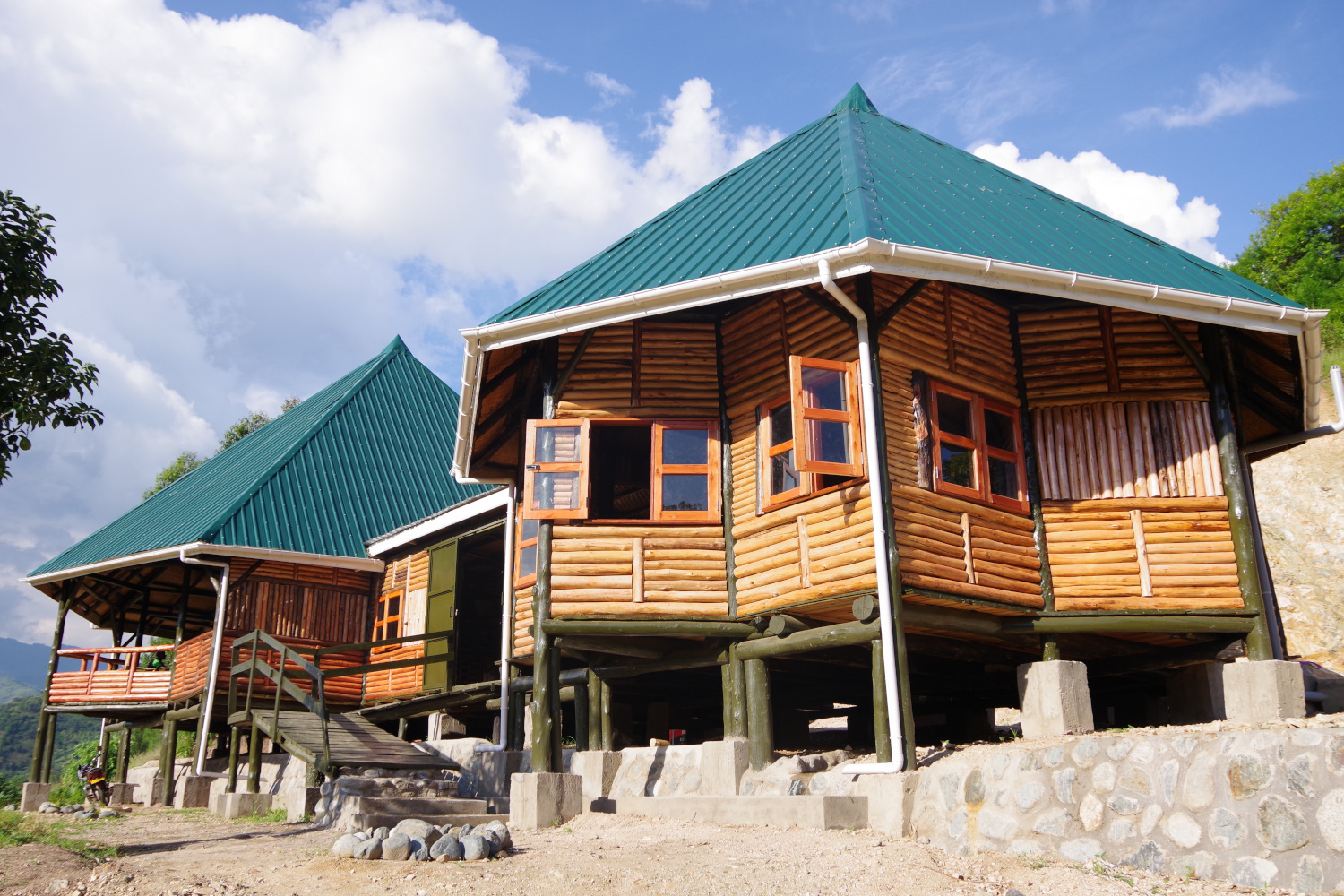When hard-pressed communities and vulnerable wildlife live side by side, we need to find solutions that benefit both. So we’re working with people on the frontiers of East African national parks to switch from relying on the parks’ fragile natural resources to more reliable and better paid sustainable livelihoods.
A case in point is the Busongora people in Uganda, who until a few years ago depended on forest products from the Mountain Rwenzori National Park – a refuge for a rich variety of plant and animal life such as the critically endangered African forest elephant. In 2015, WWF-Uganda started to train the community in modern coffee farming practices that delivered improved yields, donating Shs 24 million so they could buy coffee seedlings. Since then, the community’s coffee enterprise has gone from strength to strength, helping to reduce the pressure on the nearby park. While we are making significant progress alongside these and other communities in East Africa, we remain concerned about the increasing conversion of natural vegetation for human activities such as livestock farming.


